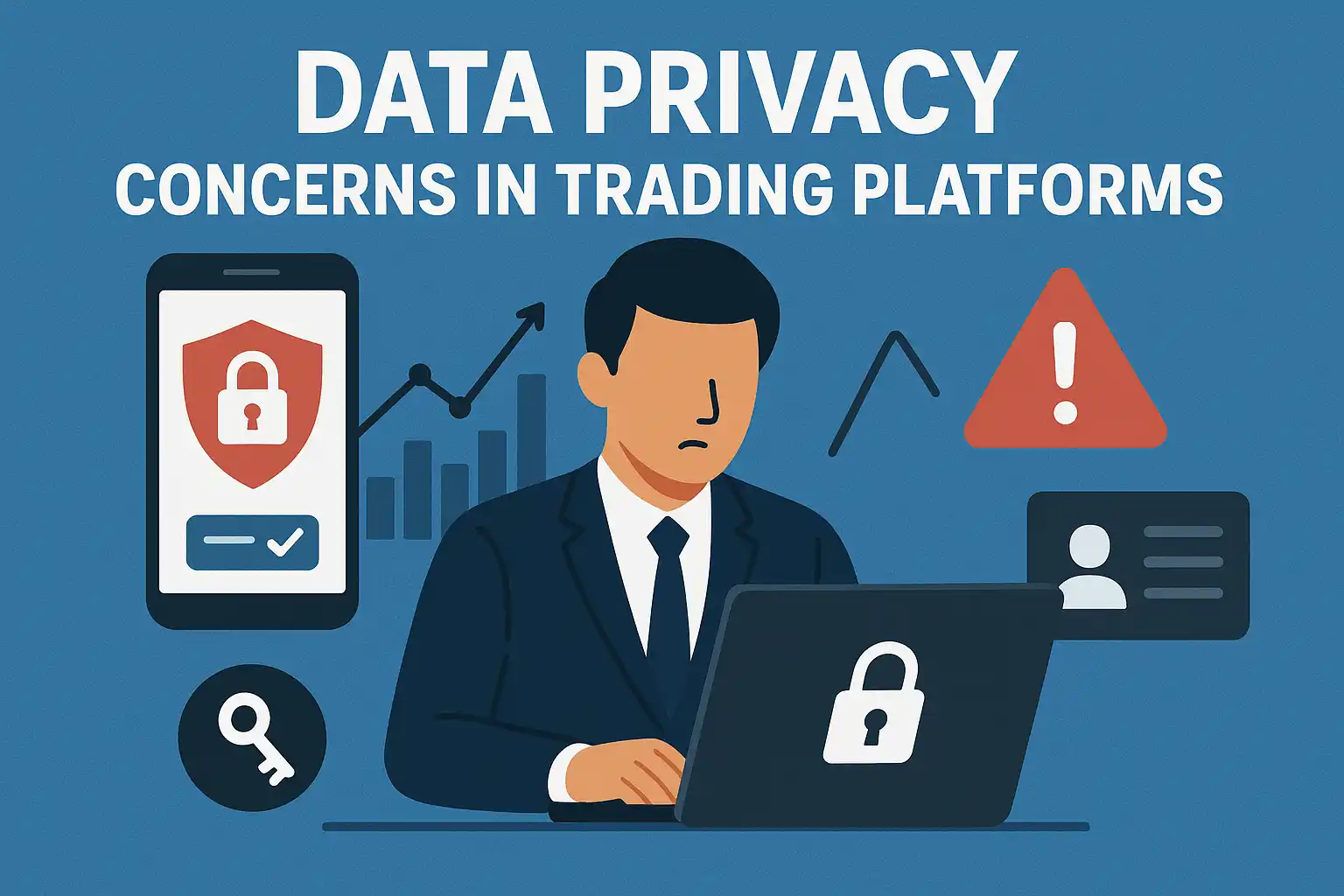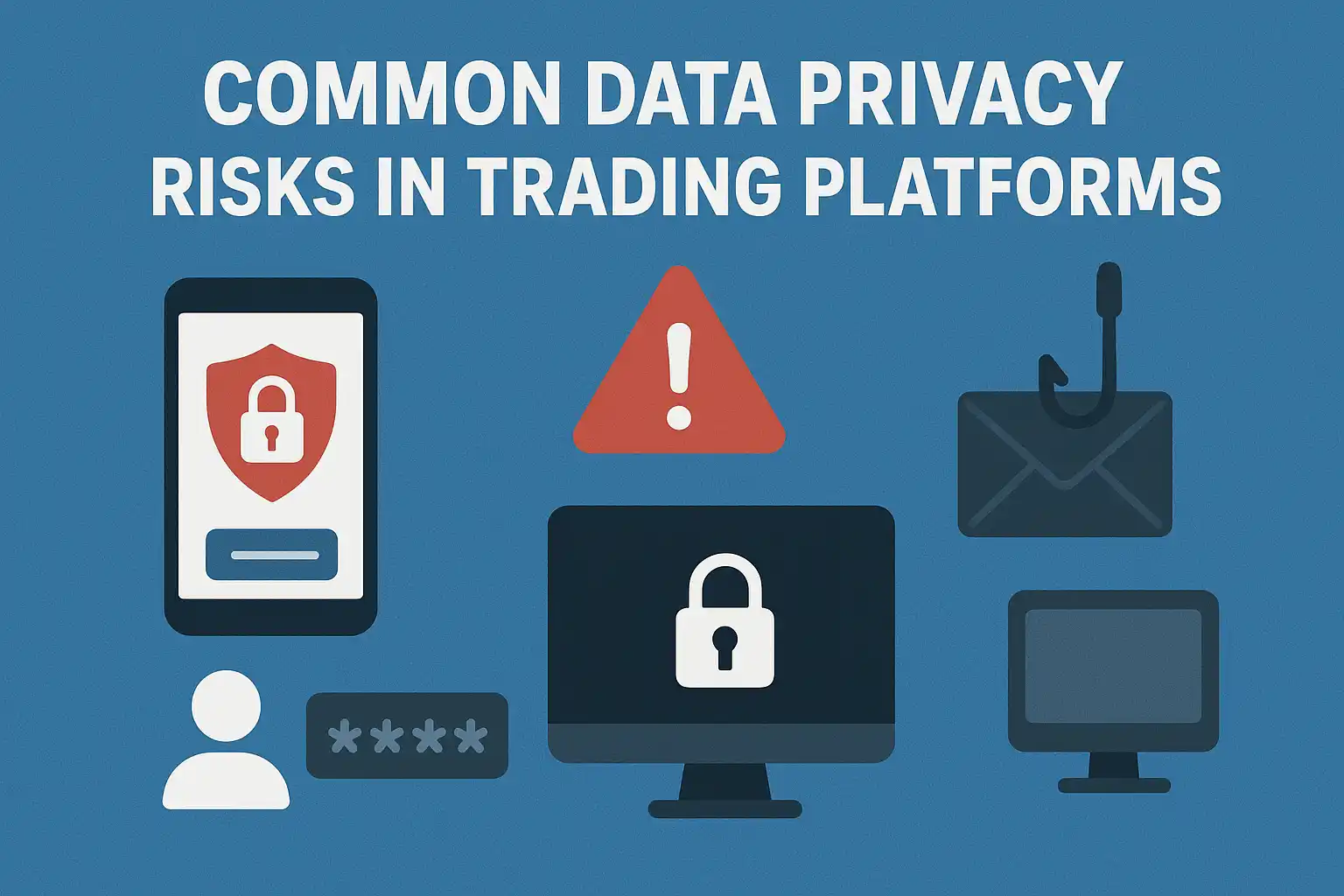Crash-Proof EA Templates You Can Use in 2026
Automated trading carries risks, but crash-proof EA templates protect capital and limit losses. These templates...

In today’s fast-paced financial world, trading platforms are central to how investors and institutions access the forex, stocks, and crypto markets. These platforms handle vast amounts of sensitive personal and financial data, from account details to transaction histories. With the rise of algorithmic trading, mobile apps, and multi-device logins, protecting this data has never been more important. Yet, despite advances in technology, data privacy remains one of the most pressing challenges traders face.
Trading platforms store private details like personal identification, bank account numbers, and trading records. If this information falls into the wrong hands, it can lead to fraud, identity theft, and financial loss. For institutional traders, breaches can even expose trading strategies that may affect market performance. According to the World Economic Forum, cyber threats are one of the top risks facing global financial systems, making data protection essential for both individuals and organizations.
Moreover, regulators are tightening rules around data use. For instance, the European Securities and Markets Authority (ESMA) enforces strict reporting and data-handling standards under MiFID II, ensuring transparency but also increasing responsibility for platforms.
Several risks undermine data privacy within trading platforms. These include:
Even leading brokers and fintech providers must constantly adapt, as new threats appear with every innovation in digital trading. The National Institute of Standards and Technology (NIST) emphasizes multi-layered cybersecurity frameworks as the best way to reduce risks.https://www.weforum.org/agenda/2023/04/cybersecurity-finance/
When facing growing data threats, selecting the right tools and strategies can make all the difference. Below are some of the best solutions from GregForex that align with the need for secure trading:
These products not only enhance trading performance but also operate within platforms designed to prioritize data integrity and user protection.
Governments and regulators have recognized that financial data is among the most sensitive forms of information. Institutions like the International Monetary Fund (IMF) have issued reports stressing the need for stronger data protections in fintech and forex markets.
Laws such as Europe’s GDPR and California’s CCPA have also set global standards on how platforms can collect, process, and store user data. Traders should be aware of whether their broker complies with these frameworks, as non-compliant firms pose serious risks.
Trading platforms walk a fine line between being transparent for regulatory reasons and keeping client data private. For example, transaction reporting under global anti-money-laundering standards requires platforms to share certain data with authorities. However, oversharing can expose traders to breaches. The Bank for International Settlements (BIS) highlights this tension in its ongoing research on fintech regulation.

For individual traders, there are steps to strengthen privacy on trading platforms:
For traders interested in structured guidance, our detailed guide on backtesting forex strategies shows how to test securely without exposing sensitive data.
Why is data privacy crucial for traders?
Because trading platforms store sensitive financial details, breaches can lead to identity theft, fraud, and exposure of strategies.
Which platforms offer the best data security?
MT5 and NinjaTrader are known for robust security measures, but safety also depends on brokers and add-ons used.
What role do regulators play in data privacy?
Regulators set standards like GDPR and MiFID II, requiring platforms to handle and report data responsibly.
How can I protect my account data?
Enable multi-factor authentication, avoid unverified add-ons, and use unique, complex passwords.
Are automated bots risky for data privacy?
They can be if downloaded from unverified sources. Always use trusted expert advisors with secure coding.
Data privacy concerns in trading platforms will only grow as more traders use digital tools. While technology has enhanced efficiency and accessibility, it also opens new risks. By combining secure trading platforms, verified tools, and compliance with regulatory standards, traders can protect their sensitive information. Ultimately, staying informed, using trusted products, and prioritizing cybersecurity will give traders the confidence to operate in today’s data-driven markets.
Jack Henry
16/09/2025
Automated trading carries risks, but crash-proof EA templates protect capital and limit losses. These templates...
Understanding major and minor currency pairs is the first step in forex trading. Understanding major...